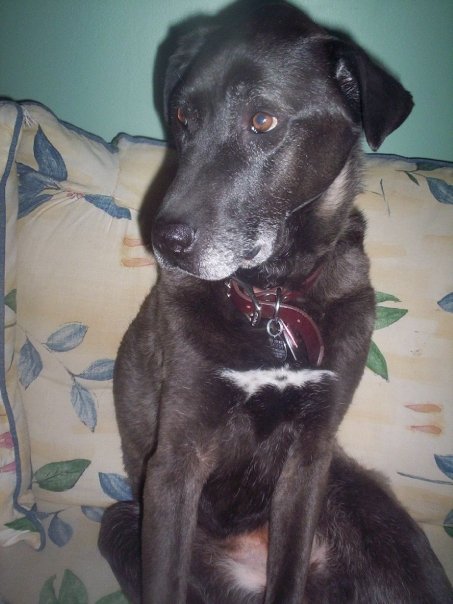Cancer is the most emotionally charged and scientifically complex concept in the human and veterinary medical fields combined. Cancer is not one single disease. It is a group of conditions characterized by the mutation and excessive multiplication of cells. Cancer can be as harmless as a slowly growing bump cured with surgical removal or as deadly as a rapidly metastasizing lesion for which there is no treatment. An almost endless range of cancer types and severities exists between these two extremes.
Why Did This Happen?
In most cases, the underlying cause of cancer is unknown. On a (somewhat) positive note, more dogs than ever before are living long enough to develop cancer, thanks to great home care and preventative care.
Some cancers have a genetic predisposition. Overweight dogs and dogs exposed to second-hand smoke and other carcinogens are at a higher risk.
Good nutrition cuts the risk of cancer. Keeping your dog on the thin side of normal decreases the risk of cancer. Spaying or neutering decreases, or in some cases eliminates, the risk of certain cancers.
Cancer Sucks.
Cancer itself does not usually hurt, but it can be painful if tumors impinge on nerves or destroy parts of the body that do not “give,” like bone. More common than sharp pain is nausea or a general sense of “blah.” Sometimes, no discomfort is felt at all, which is a curse in itself if the cancer is thus unnoticed.
The earlier a disease can be detected, diagnosed and treated, the better the prognosis tends to be. Cancer becomes life limiting when it steals nutrition needed by the body and crowds out normal tissue and even entire organs, disrupting the body’s normal functions. Cancer unchecked is often fatal.
There is Room for Hope After a Cancer Diagnosis…
Surgery, chemotherapy and radiation are the three pillars of cancer treatment. A myriad of other treatment, supportive care and palliative (pain controlling and comfort enhancing) options also exists.
Beating Cancer – The Pet Savers
General practitioners do quite a bit of cancer care, but in many cases, specialists are brought on board, most commonly veterinary oncologists (cancer specialists) and veterinary surgeons. Cancer care is personally tailored to each patient’s situation by his or her family and veterinary team.
The Medical Holy Grail
The medical community is continually in search for The Cure for Cancer. In reality, several cures have been discovered for several types of cancers. We are also learning more ways to keep patients comfortable through cancer and increase survival times when a complete cure is not possible. Best of all, by decreasing known cancer risks, in some cases, some cancers can be prevented all together.
Cancer is awful, but…the future is full of promise.


